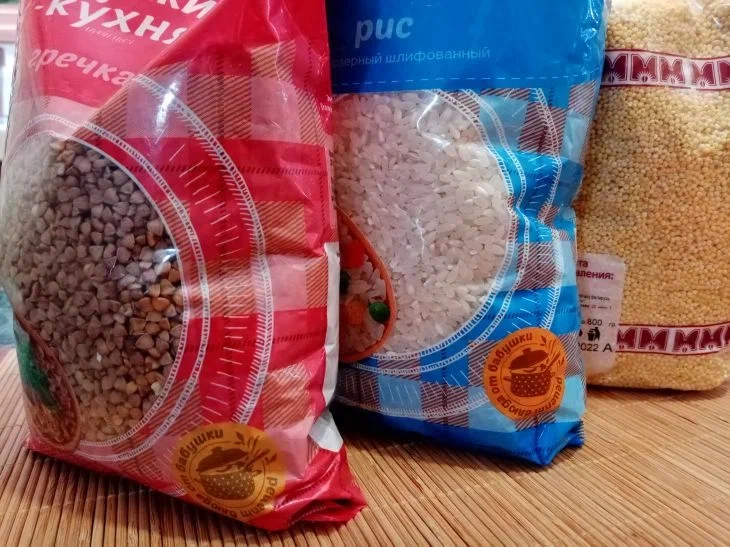Place a towel under the lid and the rice will be fluffy: how it works
When trying to cook rice, everyone wants to end up with a tasty and crumbly porridge. But how to do this?
There is an interesting trick that can be a real discovery. It consists of placing a towel under the lid after cooking the rice. Therefore, it is worth understanding how it works and what effect can be achieved.
Expert of the online publication "BelNovosti" Yulia Arkhipova , a cook and fourth-class baker, told how to act in such a situation.
Creating a greenhouse effect
Under the towel, the steam from the water has no opportunity to escape and remains inside the pan.
This creates conditions similar to a steamer, which helps the rice cook more evenly and quickly. You could say it creates a greenhouse effect.

The heat begins to be distributed evenly
A towel placed over a pot of rice helps to keep the heat inside, preventing it from escaping.
This allows the rice to heat evenly across the entire surface, which helps it cook more evenly. It also increases the cooking speed.
Improved aroma and texture
By covering the rice with a towel, you create conditions for preserving the flavor and moisture inside the pot.
This allows the beans to absorb more liquid and flavors, making it more flavorful and aromatic. It also becomes more crumbly and tender due to the moisture retained within the beans.
How to use this technique
The effect of covering the rice with a towel also depends on the characteristics of the pan used and the steam pressure.
The tighter the towel fits around the edges of the pan, the more effective the greenhouse effect is. It is worth noting that the steam pressure inside the pan plays an important role in the cooking process, affecting its texture and taste.
Earlier we told you how to properly reheat frozen pancakes .
